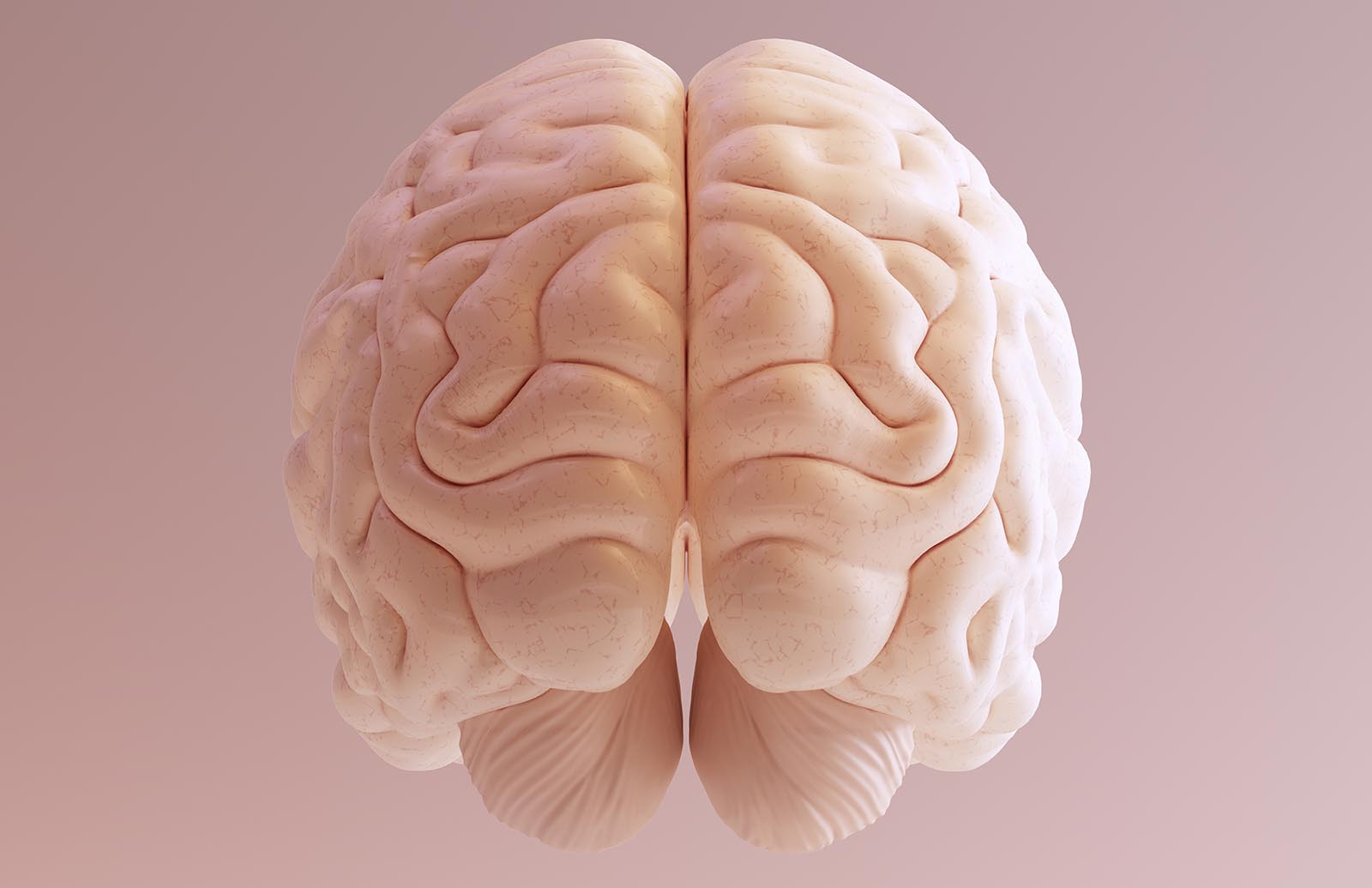In a jaw-dropping scientific breakthrough, researchers have successfully sustained a pig’s brain for five hours without its body. The recent study, featured in Scientific Reports, elaborates on how the scientists achieved this remarkable feat of brain preservation, offering potential new avenues for studying animal and potentially human brains in the future.
The brain remains an enigmatic organ, and despite significant advancements in our understanding of it over the years, studying it outside the human body has been a monumental challenge, until now. This innovative brain preservation technique could open doors to gaining more comprehensive insights into brain functionality and behavior.
 A 3D rendering of a human brain. Image source: paul/AdobeTo accomplish this feat, the researchers utilized a technique called extracorporeal pulsatile circulatory control (EPCC), ensuring the brain received the necessary nutrients, oxygen, and blood to sustain its function. Specifically, the study investigated the impact of glucose deprivation on brain function. While previous studies achieved this by changing the subject’s diet or administering insulin injections, the body’s ability to self-regulate often impacted the results, leading to ambiguity. By removing the brain from the body, researchers may have mitigated this issue, potentially leading to more reliable results.
A 3D rendering of a human brain. Image source: paul/AdobeTo accomplish this feat, the researchers utilized a technique called extracorporeal pulsatile circulatory control (EPCC), ensuring the brain received the necessary nutrients, oxygen, and blood to sustain its function. Specifically, the study investigated the impact of glucose deprivation on brain function. While previous studies achieved this by changing the subject’s diet or administering insulin injections, the body’s ability to self-regulate often impacted the results, leading to ambiguity. By removing the brain from the body, researchers may have mitigated this issue, potentially leading to more reliable results.
Furthermore, the study suggests the pig brain could have been kept alive for a longer duration than the five hours observed, pointing to promising prospects for future research reliant on this methodology.













